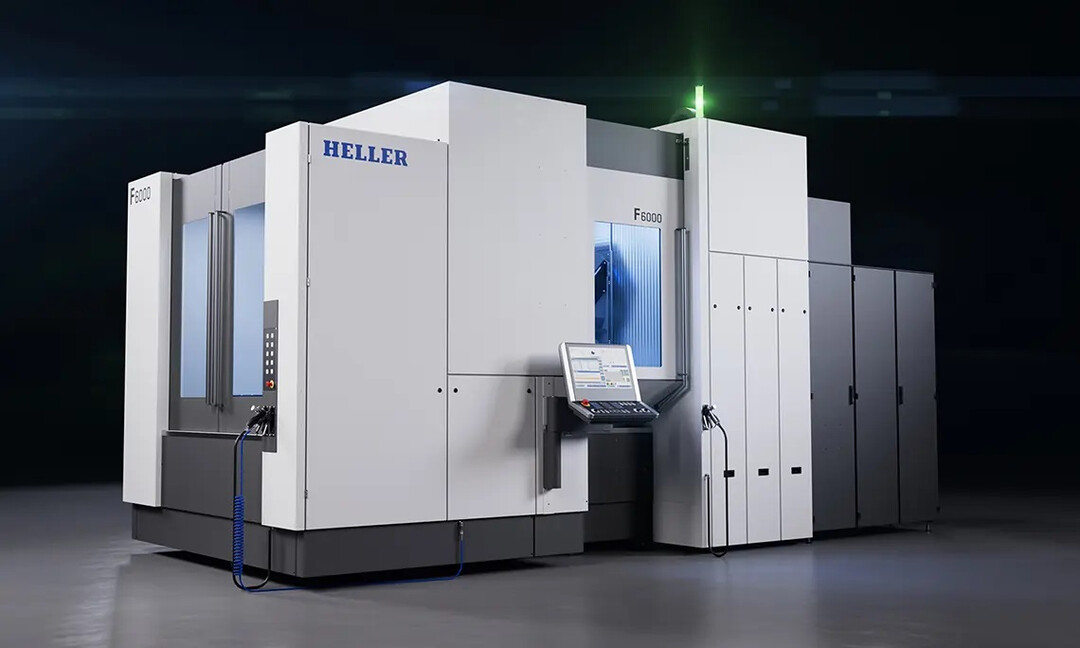
The global machine tool industry, often called the "mother machine" sector for its role as the backbone of manufacturing, is undergoing an unprecedented and rapid consolidation. This dramatic reshaping is being driven by aggressive Mergers and Acquisitions (M&A), with South Korean companies and private equity leading a notable charge. The news that a South Korean firm, DN Solutions, is set to acquire the 130-year-old German giant Heller, a supplier to auto behemoths like Mercedes-Benz and BMW, has sent shockwaves across the world, underscoring a fundamental shift in the industry's landscape.
Korea Takes Center Stage in Major Deals
The acquisition of Heller Group by DN Solutions, currently the world's third-largest machine tool maker, highlights South Korea's burgeoning influence. The deal, pending German regulatory approval, is expected to close in January of next year and will boost DN Solutions' consolidated revenue past 3 trillion won (approximately $2.2 billion), placing it on par with Japan's Yamazaki Mazak, the current number two. This kind of takeover of a deeply rooted German manufacturing icon by a company less than 50 years old was unimaginable a decade ago.
Further solidifying Korea's new role is the involvement of the private equity firm MBK Partners. In an aggressive counter-move, MBK was selected as the preferred bidder for Japan's Makino Milling Machine, a world-renowned name in ultra-precision machine tools since 1937. This victory came after outmaneuvering Japan's Nidec Corporation, which had attempted a hostile takeover. The prospect of a venerable Japanese manufacturer falling into the hands of a Korean private equity fund signals the sheer magnitude of capital and ambition now driving South Korean players.
Global Rivals Respond with Own Consolidation
The competitive landscape is intensifying as traditional powerhouses respond to the Korean-led M&A push. Germany and Japan are actively pursuing their own strategies. DMG Mori, the entity formed by the merger of Germany's DMG and Japan's Mori Seiki, has made several acquisitions, including Japan's Kuraki in 2023 and Miyawaki Machine this year.
Meanwhile, other machine tool nations are also building scale. Switzerland’s grinding machine specialist, United Grinding, spent 900 billion won (approx. $660 million) to acquire the machine tool business of George Fischer AG. In China, Shenyang Machine Tool and Tianjin Press merged to create a larger entity specialized across cutting and pressing processes, respectively.
The Dual Drivers: AX and Succession Risks
The profound industrial reorganization is primarily a result of two intertwined forces: the urgent need for AI Transformation (AX) and the widespread family succession crisis in traditional manufacturing strongholds like Germany and Japan.
The rising importance of AX—integrating Artificial Intelligence into manufacturing processes—is demanding massive capital investment. Customers in key sectors like semiconductors, automotive, and aerospace are increasingly seeking optimized, AI-driven machine tools. This forces machine tool companies to expand product lines and develop advanced AI solutions, making large-scale operations a necessity. Existing family-owned businesses in Germany, however, often struggle to raise the immense funds required for this technological pivot.
Furthermore, a significant generational shift is creating market instability. Investment platforms predict that roughly 560,000 small to medium-sized German enterprises will face succession issues by 2026, with nearly 190,000 at risk of failure due to the lack of a clear successor. This combination of costly technological demands and critical succession risk is pushing otherwise robust, high-value firms onto the M&A market.
Industry experts widely agree that the M&A war is defining the future. Companies that can strategically leverage this industrial restructuring and acquire the necessary scale and technology will be the ones that survive and thrive in the fiercely competitive global machine tool market. The age of unchallenged dominance by German and Japanese traditionalists is giving way to a new era where aggressive M&A, spearheaded by players like South Korea, dictates global competitiveness.
[Copyright (c) Global Economic Times. All Rights Reserved.]




























